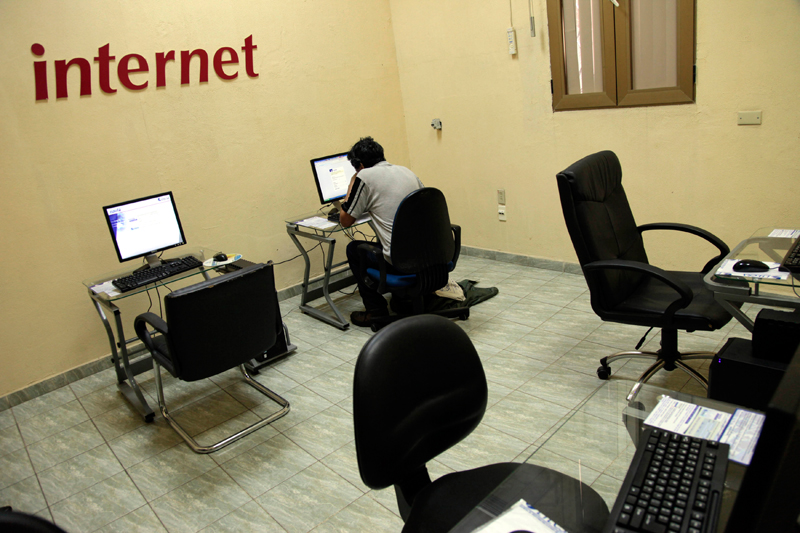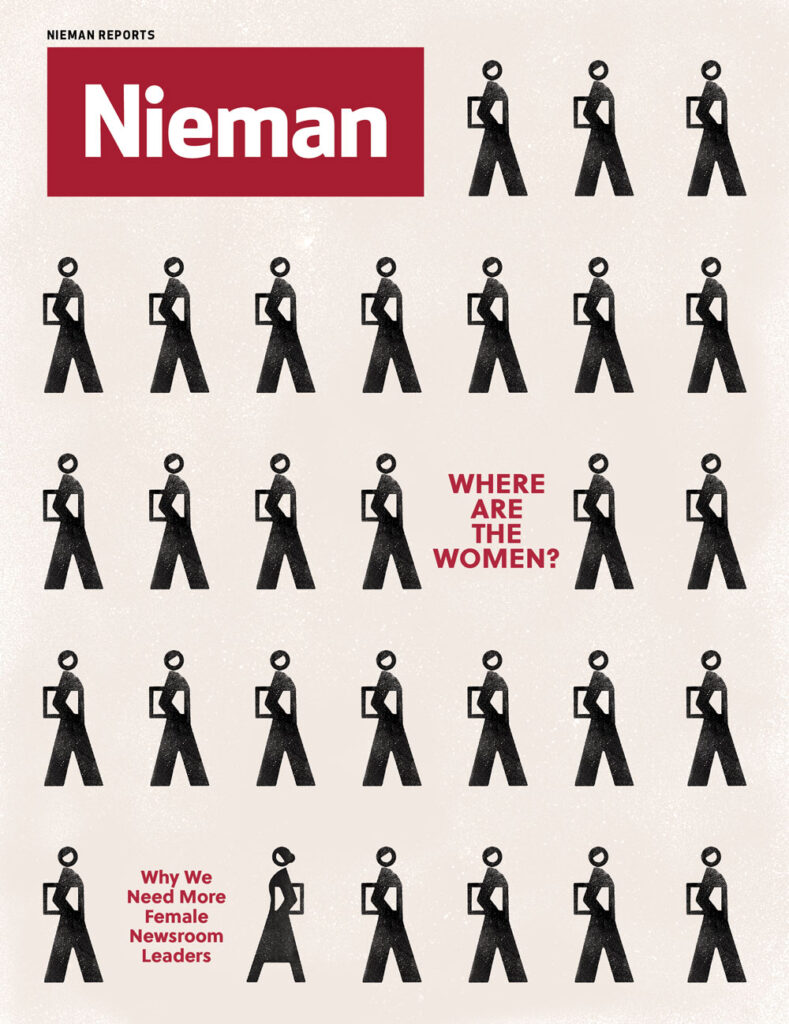As recently as 2008, it was illegal for Cubans to own a cell phone and impossible for them to buy a computer. No independent journalist had a mobile device, and only a handful had a phone line at home. Cubans were not allowed to use the few Internet access centers on the island, generally located in hotels that catered only to foreigners. Communicating within the island and with the outside world was very difficult, sometimes impossible.
Until late 2010, the state employed 85% of Cuba’s workforce; self-employment was generally forbidden. Cubans could not buy or sell homes until late 2011, and until January 2013, no one could travel abroad without a government permit, rarely granted to dissidents or independent journalists.
The Cuban situation may seem bleak, and it is. For the general population, Internet access is still not available from private homes, and one hour of very slow connection at a public cybercafé costs the equivalent of a week’s pay for the average Cuban. Access to many websites is blocked. Most professional Cuban journalists remain on the Communist Party’s payroll and don’t dare do their real jobs.
But things are significantly better for Cuban journalism than they were in 2007, when I became editor of Cubanet, an independent news site founded in 1994 in Miami by a small group of U.S.-based Cuban exiles to support the then emerging movement of independent journalism on the island. Most independent journalists in Cuba are citizen journalists, and Cubanet features news from approximately 40 of them. Our editorial staff coaches them in basic journalism, helps them choose topics, provides Web-based information that is difficult to access from Cuba, and edits their reports. We make them aware of journalistic ethics, digital and physical security, and the competitive nature of journalism in a free society, in contrast to Cuba’s paternalistic, loyalty-based journalism under communism.
News and images reported by these citizen-journalists—from catastrophic building collapses to government corruption to the harassment of activists—now pour out of the island via cell phones, e-mail, and social media to appear on Cubanet and other independent news sites, such as Primavera Digital, 14ymedio, Martinoticias, and Diario de Cuba. This information is also finding its way back to the island as never before, thanks to informal networks of citizens eager to consume it and share it with friends and family.
It has been a long journey. More and more Cuban citizen-journalists are traveling to the U.S. and other countries to receive professional training and participate in conferences. Though prices are extremely high, Cubans can now own cell phones and computers. Cellphone coverage on the island is currently over 70%. Almost all independent journalists can now regularly access e-mail and the Internet; many of them even tweet.
These modest changes and increased government tolerance have had a profound impact on the alternative press. Independent journalism is beginning to look more “normal.” Stories coming from the island now include significantly more facts and less political opinion. Rather than only criticizing the government or denouncing its abuses, independent journalists are assuming the role of the press in more open societies: investigating, reporting, and informing.
Until late 2010, the state employed 85% of Cuba’s workforce; self-employment was generally forbidden. Cubans could not buy or sell homes until late 2011, and until January 2013, no one could travel abroad without a government permit, rarely granted to dissidents or independent journalists.
The Cuban situation may seem bleak, and it is. For the general population, Internet access is still not available from private homes, and one hour of very slow connection at a public cybercafé costs the equivalent of a week’s pay for the average Cuban. Access to many websites is blocked. Most professional Cuban journalists remain on the Communist Party’s payroll and don’t dare do their real jobs.
But things are significantly better for Cuban journalism than they were in 2007, when I became editor of Cubanet, an independent news site founded in 1994 in Miami by a small group of U.S.-based Cuban exiles to support the then emerging movement of independent journalism on the island. Most independent journalists in Cuba are citizen journalists, and Cubanet features news from approximately 40 of them. Our editorial staff coaches them in basic journalism, helps them choose topics, provides Web-based information that is difficult to access from Cuba, and edits their reports. We make them aware of journalistic ethics, digital and physical security, and the competitive nature of journalism in a free society, in contrast to Cuba’s paternalistic, loyalty-based journalism under communism.
Independent journalists are assuming the role of the press in more open societies: investigating, reporting, and informing
News and images reported by these citizen-journalists—from catastrophic building collapses to government corruption to the harassment of activists—now pour out of the island via cell phones, e-mail, and social media to appear on Cubanet and other independent news sites, such as Primavera Digital, 14ymedio, Martinoticias, and Diario de Cuba. This information is also finding its way back to the island as never before, thanks to informal networks of citizens eager to consume it and share it with friends and family.
It has been a long journey. More and more Cuban citizen-journalists are traveling to the U.S. and other countries to receive professional training and participate in conferences. Though prices are extremely high, Cubans can now own cell phones and computers. Cellphone coverage on the island is currently over 70%. Almost all independent journalists can now regularly access e-mail and the Internet; many of them even tweet.
These modest changes and increased government tolerance have had a profound impact on the alternative press. Independent journalism is beginning to look more “normal.” Stories coming from the island now include significantly more facts and less political opinion. Rather than only criticizing the government or denouncing its abuses, independent journalists are assuming the role of the press in more open societies: investigating, reporting, and informing.




